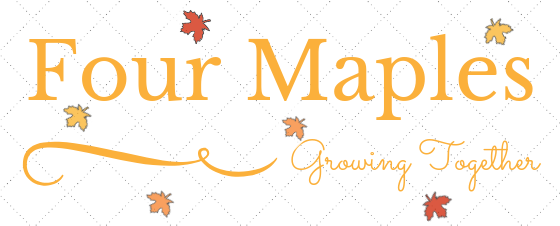A couple of mommas recently asked me if I had any recommendations for pre-K resources. My first thought was, "Oh man! There are so many resources out there! Where to begin?"
One approach to starting preschool at home is simply conducting an online search for topics/themes that your children love. Searching on Pinterest or Google for "farm theme preschool ideas" or "space theme preschool" can provide plenty of ideas, games, crafts, and worksheets that might work well for you.
There are also several helpful sites and blogs that have been recommended to me by other homeschool moms. Here is a short list of free/almost free resources that may help you get started. Many thanks to friends who helped compile this list! (NOTE: Please comment and share any other resources you have found helpful!)
Lessons/Activities/Printables:
Education.com: Free membership offers 10 worksheets a month for toddlers, pre-K, and up
File Folder Fun.com: Free educational games and activities
Kids Learning Center: Tons of free worksheets for pre-K and kindergarten
Letter of the Week: Resources for babies through kindergarten
Motherhood on a Dime: God's Little Explorers Preschool Curriculum ($14): 28 lesson plans with activities/ideas for a 4-day preschool week.
Homeschool Blogs:
1+1+1=1: Materials/ideas for toddler through kindergarten
Confessions of a Homeschooler: Ideas for multiple ages/grades, printables, planners, you name it. This blog is a MUST.
Home Grown Learners: Offers music and art appreciaton materials, free unit study lesson plans, and Lego printables (she is an official Lego Educator blogger, and a member of the Classical Conversations Blogroll).
Preschool Corner: List of homeschool bloggers offering pre-K ideas/printables/curriculum
Favorite Books:
Preschooler's Busy Book: 365 Creative Games & Activities To Occupy 3-6 Year Olds
The Out-of-Sync Child Has Fun: Activities for Kids with Sensory Processing Disorder, but really great activities for kids of all abilities to encourage sensory play
Online Games:
ABCYa.com: Online games to practice letters, numbers, shapes, etc.
Starfall.com: Online activities to practice letters, numbers, and phonics. Our kids have been using it since they were 2-3 yrs old and still love it!
Shepperd Software's Kid's Corner. Free online educational games covering topics such as life sciences, language arts, math, and geography. Includes a preschool/kindergarten page.
**UPDATE 10/6/15: Four Maples Academy has added a preschooler this year to our family! I came across a great and inexpensive curriculum/lesson plan that has been just the right balance of structure and play - The Measured Mom's Preschool Journey Curriculum! She also offers a supplementary worksheet packet, which we have also enjoyed. Check it out!
Please comment and share any resources you have found helpful, and have fun learning and exploring with your preschooler!




